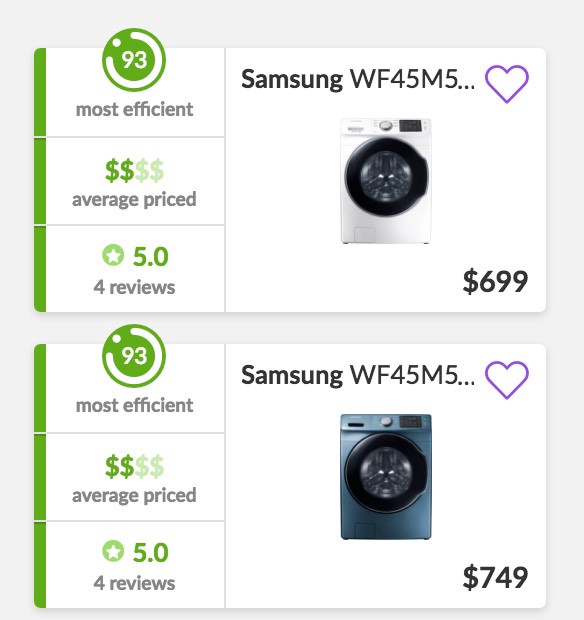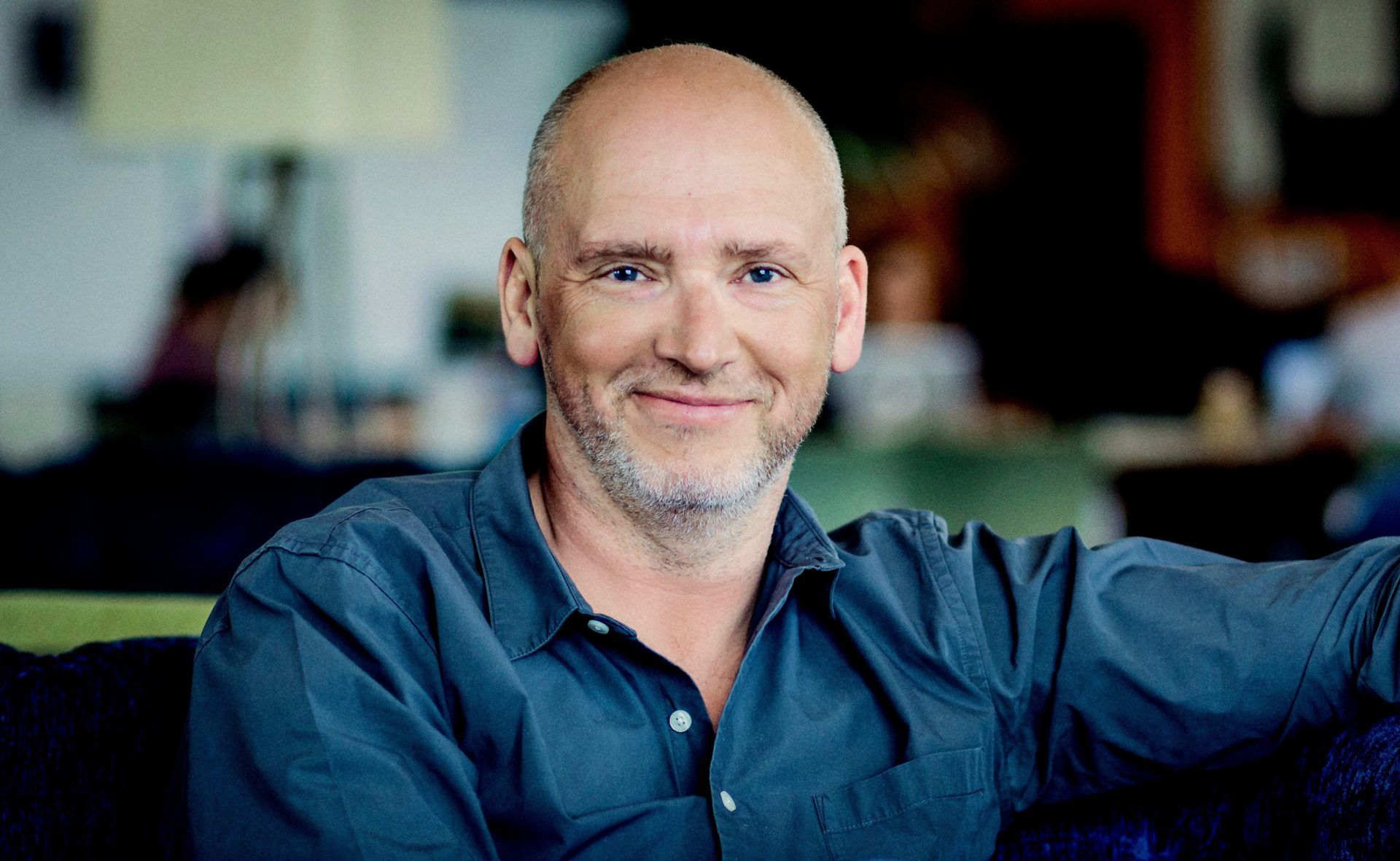Intuition can be a great thing. Intuition is typically fashioned from years, if not generations, of observations, giving us a headstart and a short-cut in complex decision situations. Trusting your gut can be the best way to borrow from evolutionary learning and experience.
But intuition can also get in the way. When faced with decisions where key pieces of information are missing, we can rely on intuition in the form of consumer lay theories. Lay theories allow us to fill-in gaps in our knowledge with what we think is a good enough substitute. This can be dangerous, particularly because lay theories are often formed from long-held opinions that are easily recalled (the availability heuristic), as well as media coverage, which is often biased in itself. The result is the use of lay theories to make decisions that are systematically skewed or biased. Think about our associations between price and quality — a higher price has to equal better quality, right? There’s a lay theory in action right there. Or healthy, organic food — that has to cost more also, right? Your lay theory likely tells you so. And that lay theory is likely informed by coverage like this:

Another area where a lay theory may be in action is equating energy efficiency with higher purchase prices (think Tesla!). If so, this errant theory could be disrupting lots of good consumer decisions towards buying energy efficient products.
To test this, we ran a series of experiments to see if it’s the case: does higher efficiency lead to the perception of a higher price? And we decided to test this in the context consumers looking at a new washing machine (an identical machine across all experimental conditions, and with a consistent fictitious model number, so as to avoid any real comparisons).
Does this lay theory exist? Do consumers intuitively equate energy efficiency with price? The answer is yes — when consumers in our experiments were exposed to a particular washing machine with a high level of energy efficiency, consumers decided it was considerably more expensive than the same machine when given a low level of energy efficiency.
Energy efficiency costs, it seems. This is worrying for nudging us all towards better choices — it would seem we’ve a mental handbrake ready to yank on such a decision.
We also tested it the other way — to see whether a high price (for the same washing machine) led consumers to think it was more energy efficient. Again, this turns out to be the case. In other words, the ‘energy-efficiency = expensive” intuition is bi-directional, with consumers using the lay theory on either side when a piece of information is missing.
So it’s key we find a way to switch off this lay theory. And we can do that. With Enervee Marketplace, alongside the Energy Score (Enervee Score) on our product cards, we also show what we call ‘Price Worthiness’. This little indicator immediately shows the consumer how the price of that appliance (with it’s Enervee Score) relates to all relevant other products in the market.

In a follow-up experiment we introduced the price worthiness cue next to the efficiency cue. The result? Consumers no longer applied a strong correlation between efficiency and price, but instead moderated their assumption with the price worthiness. In other words, this additional piece of information appears to switch off the energy efficiency lay theory.
This is great news, and supports Enervee Marketplace’s design, in that price worthiness becomes a valuable element in making sure consumers can make better choices — easily.
However, it does raise an interesting question. We know that lay theories (such as the one we found above) are typically influential when we’re making decisions heuristically. So here’s the question: if we can turn off a lay theory with a piece of information that challenges or disproves the lay theory, does that also turn off heuristic decision-making? If it does, then it means we switch from a heuristics-based approach to buying, to a systematic or deliberative approach. This would be useful to know, as it would reveal different ways to engage consumers to make more efficient choices. We’ll test this argument in our next series of studies (July ‘17).
You can read a more detailed and longer explanation of the studies discussed above, here.
